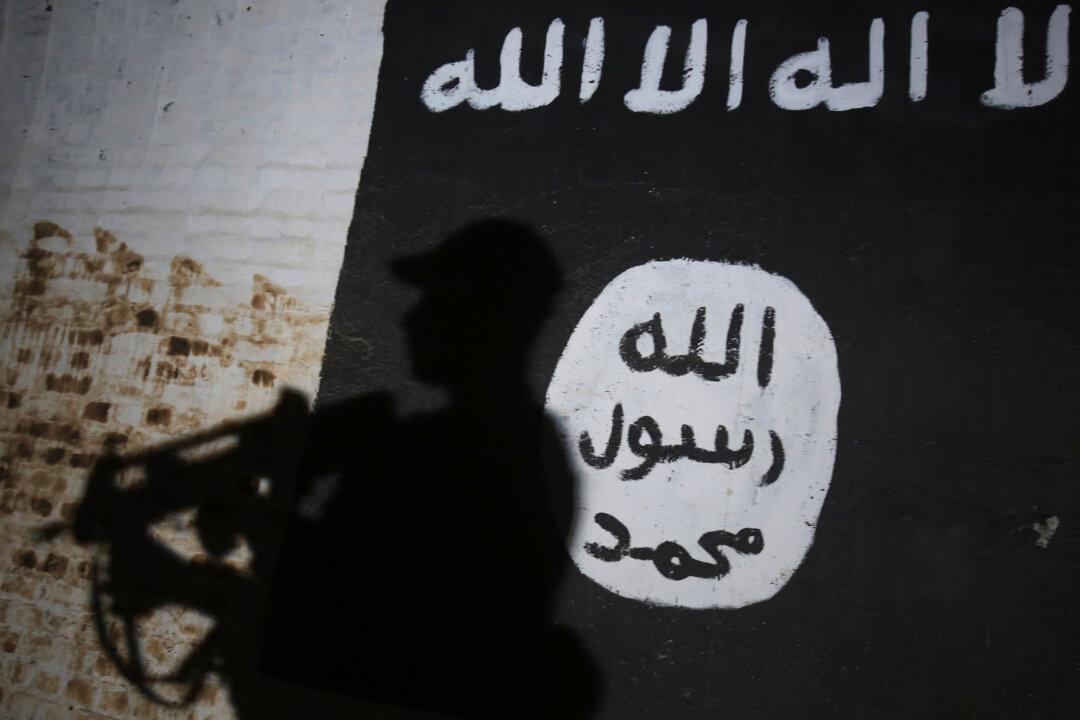Iraqi Prime Minister Mustafa Al-Kadhimi announced on Feb. 2 that security forces killed two ISIS-linked terrorists—the group’s commander in southern Iraq and an individual who facilitated suicide bomb attacks.
“The terrorist Abu Hassan al-Gharibawi, the so-called leader of southern Iraq in Daesh, and the terrorist Ghanem Sabah Jawad, who is responsible for transporting suicide bombers, were both eliminated today, in addition to other terrorist elements,” Kadhimi wrote in a tweet, referring to ISIS by an Arabic acronym—Daesh.





